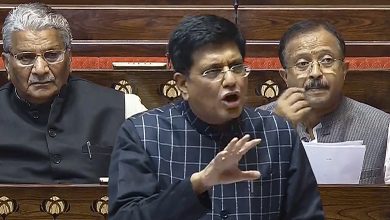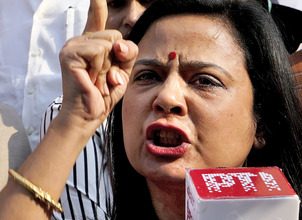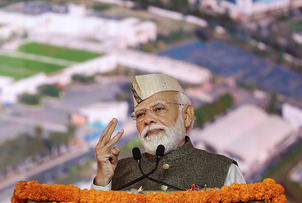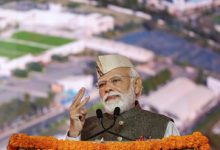‘Booster effect even at six months, don’t worry’

New Delhi, May 18 (PTI): Four to six weeks, six to eight or eight to 12? The increasing gap between two Covishield doses in India while the UK reduces its window has laypersons confused, but several experts say there is little reason to worry and second jabs anytime before six months can still be effective boosters.
The government last week extended the gap between two doses of the Covishield COVID-19 vaccine to 12-16 weeks, up from the previous maximum of eight weeks, on the recommendation of the National Technical Advisory Group on Immunisation (NTAGI). A day later, UK cut the gap from 12 weeks to eight weeks in view of the spread of the B.1.617 variant that originated in India.
Responding to concerns that India increased the gap primarily because vaccines were in short supply and many states had complained of acute shortage in supplies, immunologist Satyajit Rath said vaccine dosing is quite flexible and forgiving .
Once four weeks have passed, the next dose can be taken whenever practicable, until six months.
According to the scientist, vaccine doses will be safe no matter when they are taken but will not provide any great “boosting” if given within less than a month or so of the previous dose. So vaccine doses can be taken any time after at least four weeks have passed from either the first dose or after an actual episode of COVID-19, Rath, from New Delhi’s National Institute of Immunology (NII), told PTI.
Secondly, vaccine doses will give perfectly good boosting if given any time up to as much as six months or so after a previous dose. So a second dose, or the first dose after a COVID-19 episode, does not have to be taken after four weeks, he explained.
The NTAGI, Rath added, is making these new recommendations based on evidence, and trying to provide support for practical steps.
Referring to the UK reducing its Covishield doses gap just as India increased its, immunologist Vineeta Bal said these decisions are taken based on ground realities and there is no yes or no answer to whether they will have any consequence on tackling the variant better.
In one country, the increased window will enable more people to be vaccinated, in the other, a decreased gap will accelerate the pace of inoculation.
If there are enough doses available, the second shot should be given at the optimal time as it will provide the best possible immunity in the present circumstances, Bal, guest faculty at Pune’s Indian Institute of Science Education and Research, told PTI.
A vaccine triggered immune response, she admitted, will start declining with time. However, at the end of 12-16 weeks it is unlikely to come to complete baseline level.
Hence a booster effect can still be obtained after a gap of 12-16 weeks, Bal said.
There are also data from various clinical trials for Covishield which are suggestive that a booster after 12-16 weeks will be fine, she added.
According to Rath, there is emerging evidence, mostly from the UK for Covishield, that very good protection is seen with a dose gap of 12 odd weeks.
So I think that the committee is trying to provide evidence-based support for delaying the permissible interval between doses as much as possible to accommodate the realities of vaccine supply shortage, he added.
Bal added it is not a serious cause of concern as long as there is assurance that everyone will get the first and second dose in the near future.
According to a peer-reviewed study published in The Lancet in February, the coronavirus vaccine developed by AstraZeneca and Oxford University is more effective when its second dose is given around three months after the first, instead of six weeks later.
“Vaccine supply is likely to be limited, at least in the short term, and so policy-makers must decide how best to deliver doses to achieve the greatest public health benefit, Prof Andrew Pollard of the University of Oxford said in the study.








